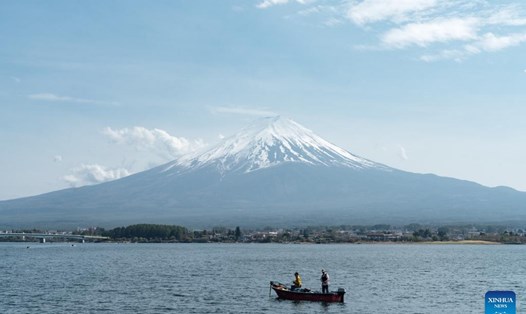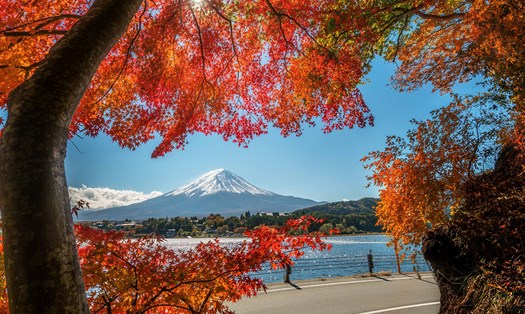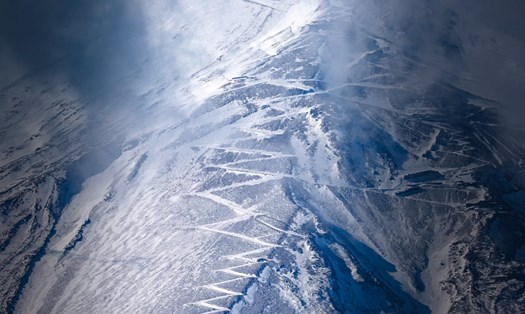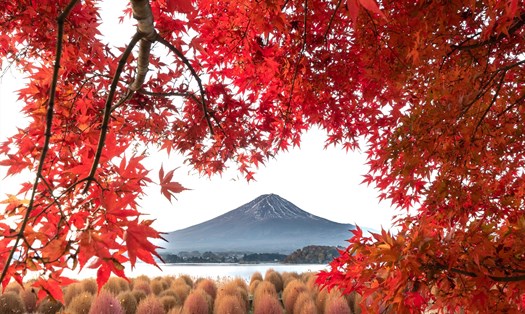Mount Fuji is famous for its snow-capped slopes almost year-round. Snow falls on the summit each autumn, usually in the first week of October.
Last year, the first snow fell on the mountain top on October 5, but this year, by early November, snow had not yet appeared.
Yutaka Katsuta, a forecaster at the Kofu Local Meteorological Office, said warm weather had prevented snow from falling on Japan's iconic mountain.
This is the latest snowfall record for Mount Fuji since data began being recorded in 1894. Previously, the record was set in 1955 and 2016, when snow first fell on October 26.
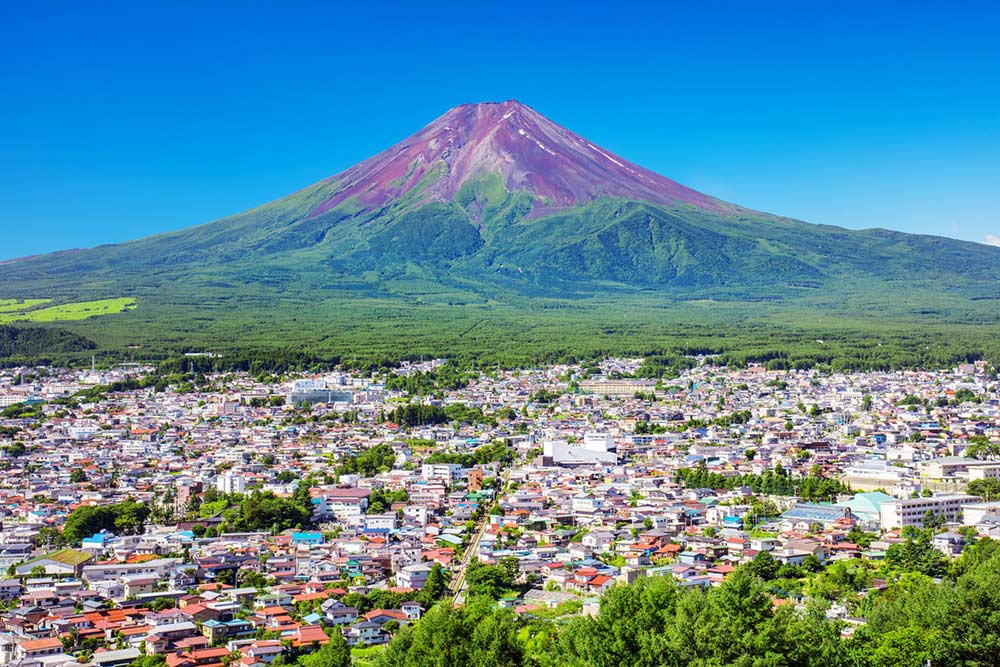
This summer has been extremely hot, and temperatures are expected to continue into September, blocking the flow of cold air that carries snow, Katsuta said. Climate change could affect when snow covers form on the mountaintops. The summer of 2024 is set to be the hottest summer on record in Japan, tying with the extreme temperatures recorded in 2023.
The unusually late snowfall on Mount Fuji has raised environmental concerns that it could have long-term effects on the local ecosystem, with plants and animals adapted to colder temperatures.
Snowmelt also contributes to the supply of fresh water to surrounding areas. Therefore, if the snow accumulation process is delayed, it can lead to water shortage problems in the following seasons.
According to the Japan Meteorological Association, there is a possibility of brief rain near Mount Fuji on November 6. Cold air will flow in and the rain will turn to snow near the summit. With clear skies, the first snow of the season is possible on the morning of November 7.
Mount Fuji is not only one of Japan's most famous scenic spots, but also a popular destination for hiking enthusiasts.
More than 220,000 visitors climb the steep rocky slopes each year during the climbing season. Hikers often climb at night to watch the sunrise from the 3,776-meter peak. However, this year, fewer people have climbed Mount Fuji.
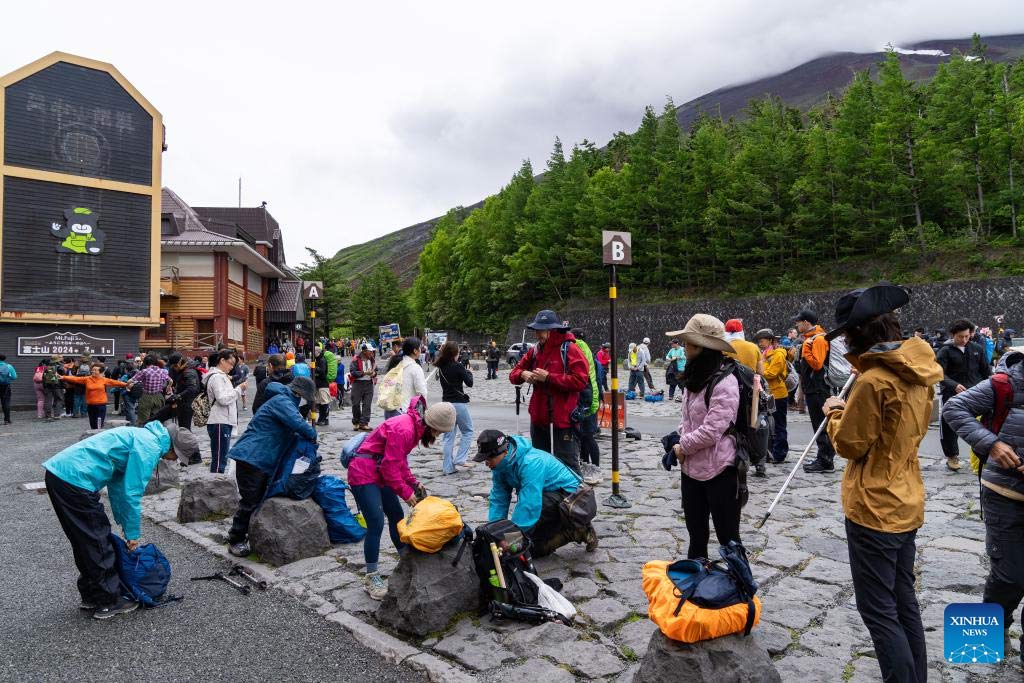
At Lake Kawaguchi, a popular spot to view Mount Fuji, French tourist Hugo Koide told AFP it was “shocking to see no snow at this time of year”.
The 25-year-old, who often visited the area in autumn as a child, said he remembered Mount Fuji “always being covered in snow”.
“I came here wearing a T-shirt and shorts. It feels different than before,” said Australian tourist Jason Le.

